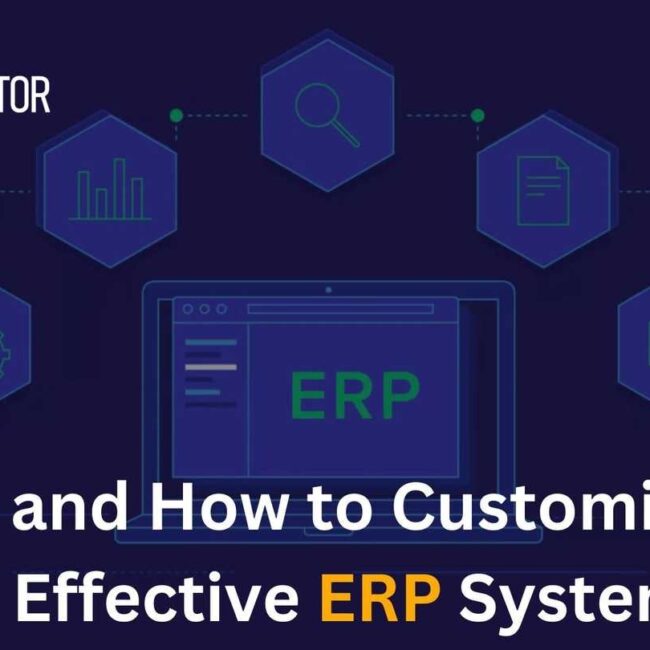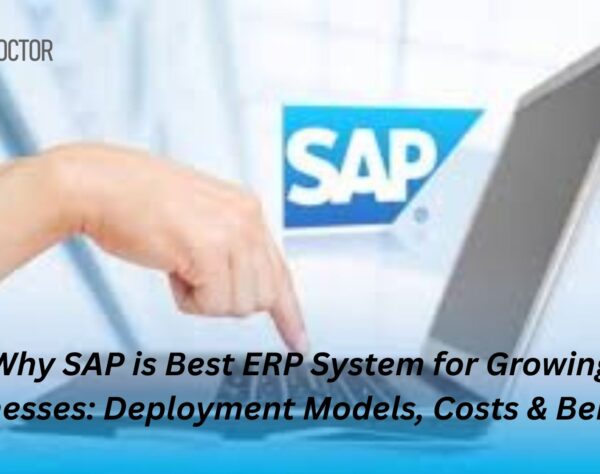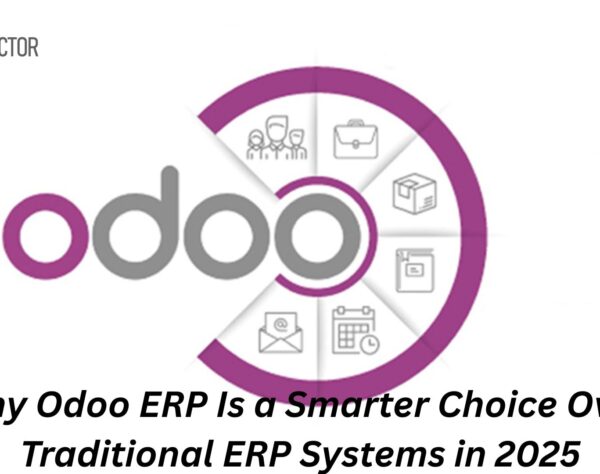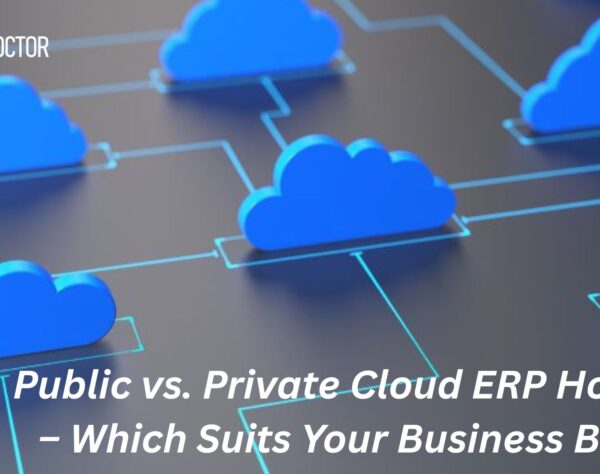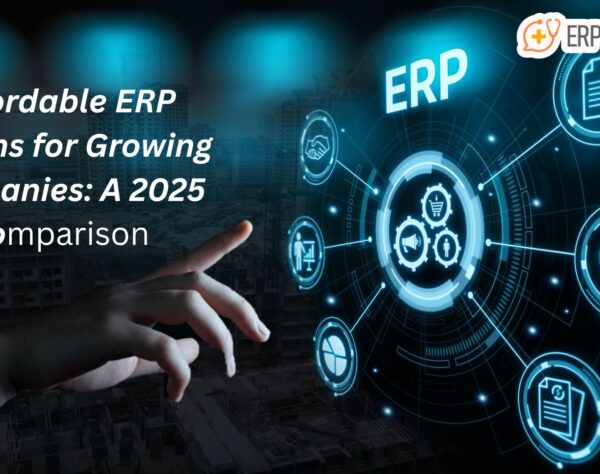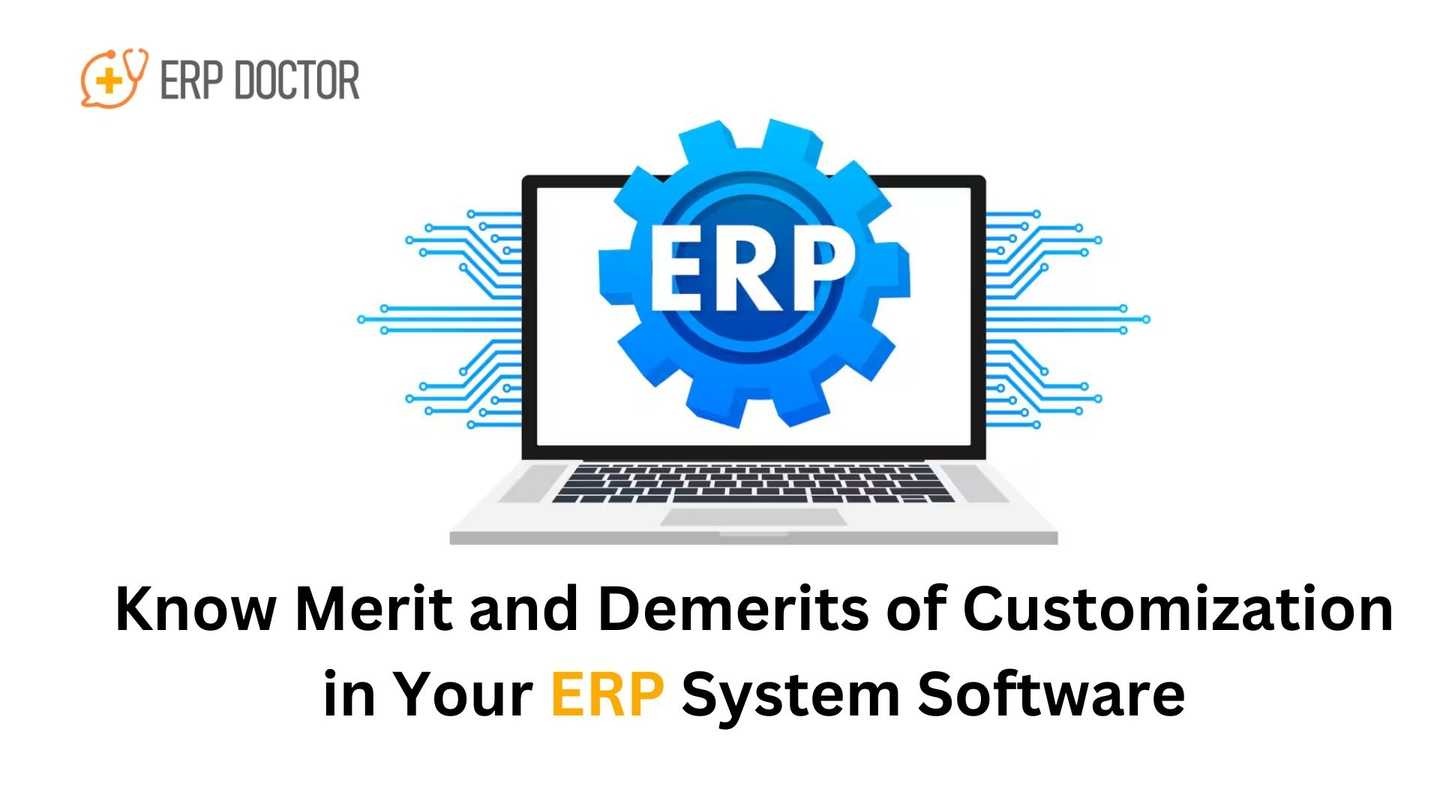
Know the Merit and Demerits of Customization in Your ERP System Software
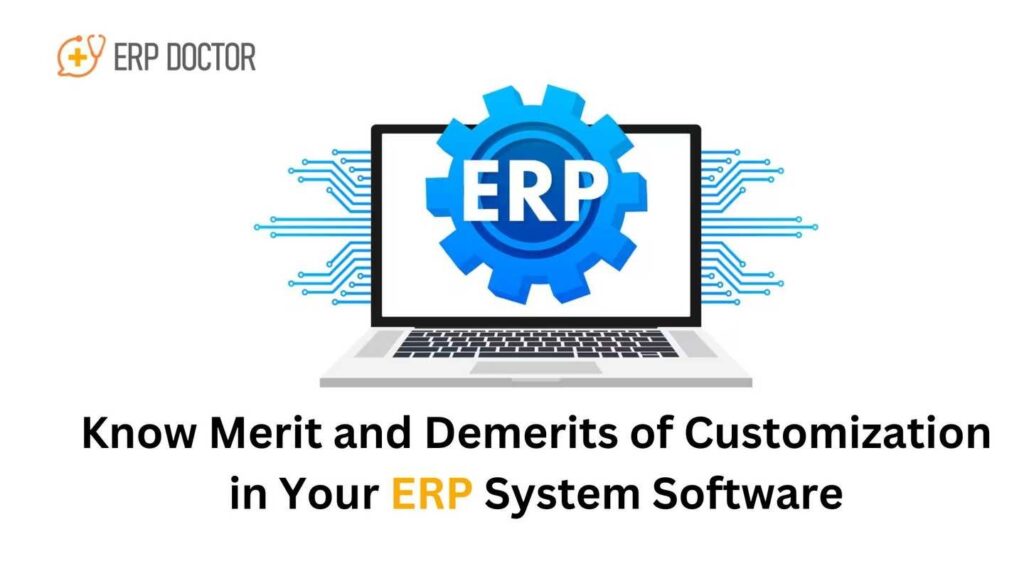
The Hidden Costs of ERP Customization: What You Need to Know
Enterprise Resource Planning (ERP) systems are vital tools for businesses, integrating various functions into a single, unified system. Customizing an ERP can offer significant advantages but also comes with notable drawbacks. This blog explores the primary merit and several critical demerits of ERP customization.
Merit of ERP Customization
1. Process Alignment
- Tailored Fit: The primary merit of ERP customization is the ability to align the system with specific business processes. Customization ensures that the ERP supports unique workflows and requirements, providing a tailored solution that enhances operational efficiency and effectiveness. This can be a significant differentiator and a key to business success.
Demerits of ERP Customization
There are Six major Demerits of Customization in your ERP System. They are explained below as
1. Ignoring Standard Features and Functionalities
- Overlooking Existing Capabilities: One of the major drawbacks is that companies often ignore the standard features and functionalities of the ERP system. Customizations can sometimes replicate what is already available, merely altering the user interface to meet specific preferences. This can lead to unnecessary complexity and redundancy.
2. Updates and Upgrades Challenges
- Compatibility Issues: Customizations can complicate updates and upgrades provided by the ERP solution provider. Customized features may not be compatible with new versions, leading to potential functionality issues and additional costs for re-customization.
3. Extended Implementation Timelines
- Delayed Deployment: Customizing an ERP system during implementation can significantly extend project timelines. A standard ERP implementation is usually faster, whereas incorporating custom features adds complexity and lengthens the deployment process.
4. Cost Overruns
- Budget Excesses: Customization projects are prone to cost overruns. Incomplete or evolving requirements can lead to frequent change requests, driving up costs. The vendor or in-house team may charge extra for these adjustments, impacting the overall budget.
5. Scalability Issues
- Growth Limitations: Customizations tailored to current user and transaction levels may not scale effectively as the business grows. As the number of users and transactions increases, customized features might struggle to cope, necessitating further adjustments and refinements.
6. Vendor Lock-in
- Dependency Risks: Relying on a specific vendor or in-house expert for customization can lead to vendor lock-in. Businesses may find it challenging to switch providers or make changes without the original vendor’s support, limiting flexibility and increasing dependency risks.
While ERP customization offers the significant advantage of aligning the system with specific business processes, it comes with single merit & multiple demerits Customization in ERP System that can impact functionality, cost, and scalability. Businesses should carefully consider these factors and opt for customization only when absolutely necessary to avoid potential pitfalls. By weighing the pros and cons, companies can make informed decisions that best suit their operational needs and long-term goals.
Interested in learning more about ERP customization and how it can benefit your business? Contact us at Emerging Alliance for expert advice and tailored ERP solutions.
To learn more about our services, please visit us at: https://erpdoctor.in/
Embark on an inspiring journey today – Visit our website and discover a world of knowledge, creativity, and endless possibilities! Don’t miss out on exclusive content and exciting updates. Click here to explore and be part of our thriving community!



